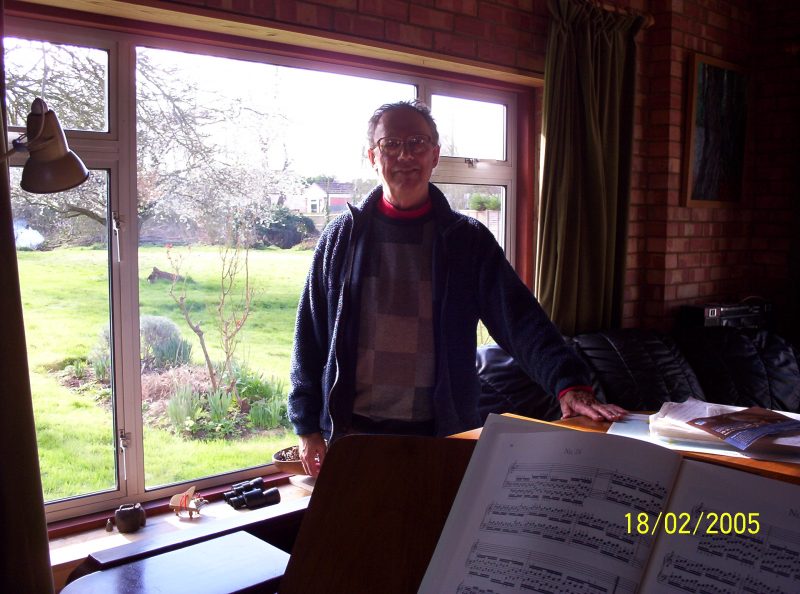- During the war David’s mother, Hilda Shaw [known as Sue], worked for the No. 1 Civil Repair Unit (CRU) which had been set up at the Cowley works of Morris Motors in Oxford in September 1939 to repair damaged aircraft. It was staffed by civilians under the management of the Air Ministry. The factory itself was disguised so that, from the sky, it looked like a village; it had two chimneys that were disguised as straight roads and cardboard cut-out cars on the roads. The CRU’s administrative department was at one of the Oxford colleges and David’s mother worked there as a secretary to one of its bosses. She cycled to work and was often very weary when she returned. However, she was extremely dedicated to the work and at the end of the war she was presented with an electric clock for her contribution to the war effort. Many aircraft crash-landed and the CRU repaired them where possible. One aircraft, which David thought was a Wellington bomber, crash-landed in the field just over the bridge in Lower Radley. He felt that the landing was done very well as the plane was intact and the pilot just managed to avoid the big elm trees.
- David’s parents housed some refugees temporarily until they went off to families in the village. Once one of the Radley College boys came down the hill by the railway on his bicycle and knocked over one of the refugee children.
- When it was not easy either physically or financially to go on holiday during the war, David and his mother used an old gypsy caravan to have a holiday in Radley. Mr Beck from a farmhouse in Lower Radley lent them a horse which pulled the caravan down towards the river and the two of them would enjoy being away from their house and swimming in the river as far as the island. They spent at least two summers there.
- David remembers counting bombers going east to Germany and counted over a hundred on one occasion.
- Towards the end of the war there was a hut at the side of the railway on the right just before the bridge going into Lower Radley where there were Italian prisoners of war. They worked on the farms and made straw baskets.
- In the middle of the war David’s father had a Jewish man working for him. He was from Slovakia and was an excellent worker. The sawmill that Mr Shaw owned did very well during the time he was there.
- At the end of the war there were several caravans on the area around their house. There were some interesting people living in the caravans, amongst them a Major Wilson, who David thought was an illustrator for the News Chronicle newspaper.
- A family called Jordan was living in one of the caravans at the back of the Shaw’s house at the end of the war. As well as owning the caravan, the family owned an American V8 car that was the envy of those who lived near them. One day Mr Jordan was shooting into the air with a rifle and shouting at the top of his voice. David’s father went to see what it was all about and discovered he was celebrating the end of the war. Mr Jordan went to the pub and ordered champagne and started giving drinks to people who were on the trains when they stopped at the station. He was a great character who had come from Australia. In his caravan there were pictures of him hunting crocodiles.
- There was an early summer party in the field opposite David’s house just over the bridge in Lower Radley when the war in Europe ended. Trestle tables were set up just opposite the village hall [then in Lower Radley near David’s house] and food was prepared in that building. David’s father gave £10 towards the cost of the food. Fortunately, it didn’t rain so they didn’t need to use the village hall for the main activities. The village was small enough at that time for everyone to go to the party.
This account is based on an interview given by David to Ann Blake on 18 February 2005.
